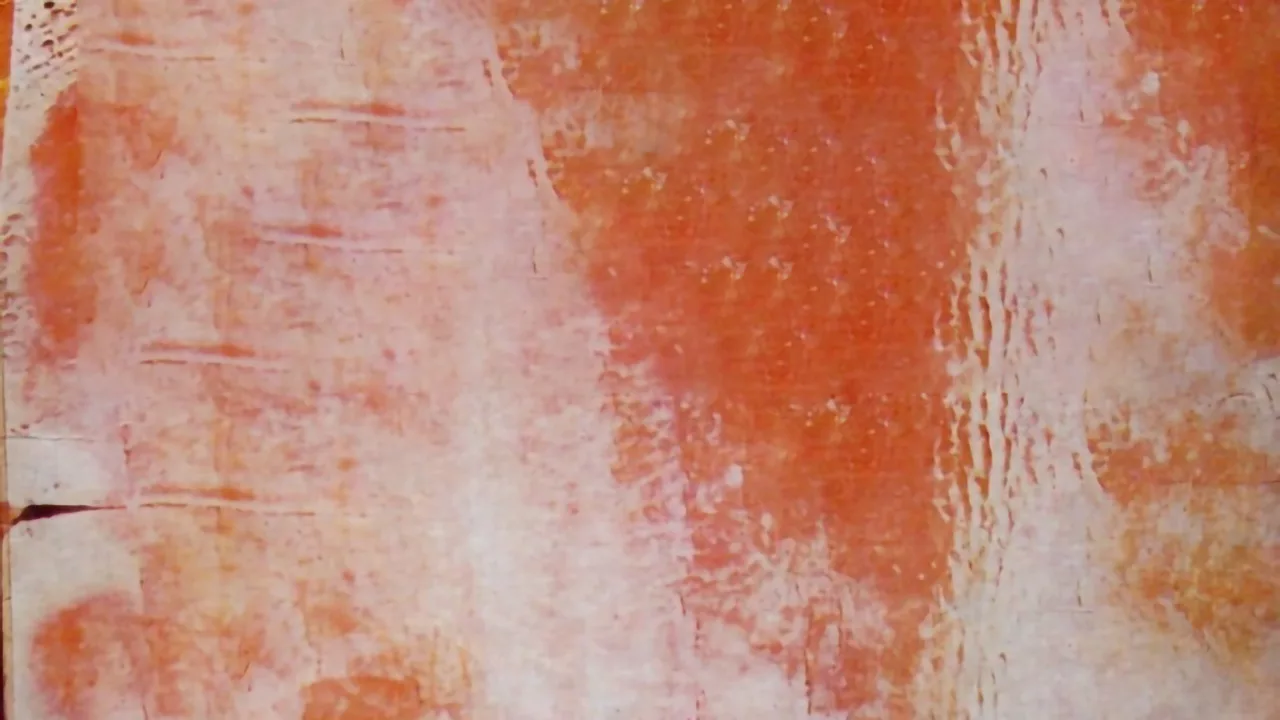La categoria Meh è nuova, praticamente qui andrà tutta la musica che in un determinato momento della vita mi è piaciuta... ed ora non granchè... MEH!
Vox Dei - Genesis
Album
La Biblia (pronounced [la ˈβiβlja]; Spanish for "The Bible") is the second studio album by the Argentine band Vox Dei, released as a double album on March 15, 1971 by Disc Jockey Records.
Considered a milestone of nascent Argentine rock, as well as one of the first rock operas and concept albums of rock en español, La Biblia centers on the Bible's narrative, starting from Genesis and concluding with the Apocalypse.
Background and details
A preview of some compositions were debuted at the "B.A. Rock Festival" in November 1970, and the album was presented with four shows at Teatro Presidente Alvear (Buenos Aires), followed by a tour throughout the country's major cities. The record was Vox Dei's breakthrough and it's widely considered their magnum opus. In 2007, the Argentine edition of Rolling Stone ranked it 14 on its list of "The 100 Greatest Albums of National Rock".
Rock Opera
In 1974 Jorge Álvarez, who produced the original album, and musician Billy Bond decided to undertake a recording of the album as a proper rock opera. Utilizing the classical musicians of the Ensamble Musical de Buenos Aires, the album featured various important Argentinian rock musicians including Bond, members of the band La Pesada del Rock & Roll, members of the band Pescado Rabioso, Raul Porchetto, and members of the band Sui Generis, all under the artistic direction of pianist and composer Gustavo Beytelmann. Produced by Jorge Álvarez, the album, La Biblia, was released in 1974 on the label Talent Cat# SE-515.
"La Biblia" is considered by Argentinian rock fans to be Vox Dei's indisputable masterpiece; it has been called "magnificent for both its music and lyrics". Guitarist and vocalist Ricardo Soulé did a terrific job summarizing in just a few lines the most important stories of the Christian Holy Book. Musically the band adopted a hard psychedelic direction, with chiming 12-string guitar and overdriven solos alternating with folky acoustic passages and harmony vocals sometimes reminiscent of The Moody Blues.
The Argentinian Archbishop, while at first requesting to review the lyrics, ended up recommending that young people purchase and listen to the album. During the recording sessions, guitarist Juan Carlos "Yody" Godoy left the band. To promote the album live, guitarist Nacho Smilari (formerly member of La Barra de Chocolate) joined the band.
Errors
The album was released earlier than expected, which caused two edition errors, "Apocalipsis" was recorded without vocals and "Libros Sapienciales" was credited as "Profecías" on the tracklist. It was clarified and corrected in La Biblia En Vivo in 1987.
The songs that remained in the habitual Vox Dei set-list are "Genesis", "Libros Sapienciales" and "Las Guerras".
In 1997 a re-recording of the album took place including a bonus track: "El Manto de Elías". This version featured Quiroga, Basoalto and Soulé, plus special guests Fito Páez, Andrés Calamaro and Alejandro Lerner.
Artist
Vox Dei (Latin, 'Voice of God') is an Argentine rock band credited for recording the country's first concept album, La Biblia. Their most prolific years were the 1970s, when they recorded ten albums.
Vox Dei have had several line-up changes and a five-year hiatus. Their third and most commercially successful line-up featured Ricardo Soulé (guitar and vocals), Willy Quiroga (bass and vocals) and Rubén Basoalto (drums). This line-up was active from 1972 to 1974 (then in 1978 to the 1981 break-up), and was revived from 1986 to 1989, and again from 1996 to 1998.
The band's line-up (currently featuring Willy Quiroga, and guitarist Carlos Gardellini from 1992) has been much more stable in recent years, although drummer Rubén Basoalto's death in 2010 (being succeeded by Simon Quiroga) left Willy Quiroga as the only original member still in the band.
Testo
Cuando todo era nada, era nada el principio
Él era el Principio, y de la noche hizo luz
Y fue el Cielo, y esto que está aquí
Hubo tierra, agua, sangre, flores, todo eso y también tiempo
Claramente digo que este fue el mundo del hombre
Y así fue
Oh sí
Oh oh oh oh oh oh
Hombre, que te miras en las aguas para ver quién sos
Mírame si quieres verte, porque imagen mía sos
Ya lo hiciste
Vive sólo hoy
Hubo pueblos y países, y hubo hombres con memoria
Claramente digo que este es el mundo del hombre
Que contaron todas estas cosas
Y fue así
Oh, oh sí
Oh oh oh oh oh oh
Traduzione
Quando tutto era niente, l'inizio era niente
Egli era il Principio e dalla notte creò la luce
Ed era il Paradiso, e questo è qui
C'erano la terra, l'acqua, il sangue, i fiori, tutto questo e anche il tempo
Chiaramente dico che questo era il mondo degli uomini
Così è stato
o si
Oh oh oh oh oh oh
Amico, ti guardi nelle acque per vedere chi sei
Guardami se vuoi vedere te stesso, perché sei la mia immagine
L'hai già fatto
Vivi solo oggi
C'erano città e paesi, e c'erano uomini dotati di memoria
Chiaramente dico che questo è il mondo dell'uomo
Cosa hanno detto di tutte queste cose?
Ed è stato così
Oh oh sì
Oh oh oh oh oh oh
alcuni estratti sono presi da Wikipedia - alcuni testi delle canzoni che non sono scritti e tradotti personalmente sono prelevati dal web da siti come lyricfind, musixmatch

